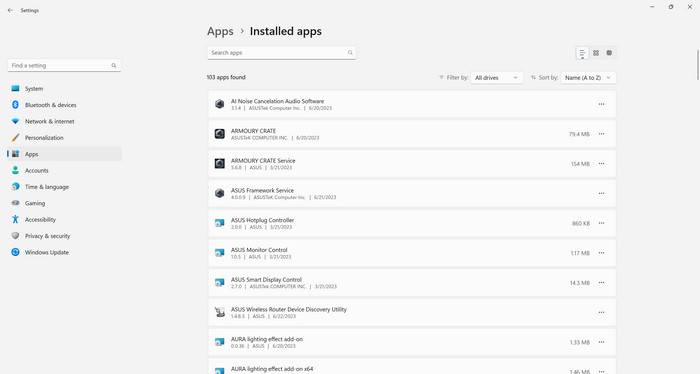Adobe Reader XI is a popular software program developed by Adobe Systems Incorporated. It is a free PDF viewer that allows users to open, view, and print PDF documents. With its user-friendly interface and extensive features, Adobe Reader XI has become the go-to choice for millions of users worldwide. However, as with any software, there are pros and cons to consider when deciding whether to keep or remove Adobe Reader XI from your computer.

The Benefits of Adobe Reader XI
Adobe Reader XI offers several advantages that make it a valuable tool for many users:
- Easy PDF Viewing: Adobe Reader XI provides a simple and intuitive interface for viewing PDF documents. It allows users to zoom in and out, navigate through pages, and search for specific content within the document.
- Annotation and Commenting: With Adobe Reader XI, users can add comments, highlight text, and draw shapes on PDF documents. This feature is particularly useful for collaboration and reviewing documents.
- Form Filling: Adobe Reader XI enables users to fill out interactive PDF forms. This can be especially helpful for applications, surveys, and other forms that require user input.
- Security Features: Adobe Reader XI includes built-in security features to protect against malicious PDF files. It can detect and block potentially harmful content, preventing malware from infecting your computer.
- Compatibility: Adobe Reader XI is compatible with various operating systems, including Windows, macOS, and Linux. This ensures that users can access and view PDF documents regardless of their device or platform.
The Drawbacks of Adobe Reader XI
While Adobe Reader XI offers many benefits, there are also some drawbacks to consider:
- Resource Intensive: Adobe Reader XI can be resource-intensive, especially on older or low-spec computers. It may slow down your system and consume a significant amount of memory and processing power.
- Large File Size: The installation file for Adobe Reader XI is relatively large compared to other PDF viewers. This can be an issue if you have limited storage space on your computer.
- Security Vulnerabilities: Like any software, Adobe Reader XI is not immune to security vulnerabilities. Hackers may exploit these vulnerabilities to gain unauthorized access to your system or steal sensitive information.
- Updates and Patches: Adobe frequently releases updates and patches for Adobe Reader XI to address security issues and improve performance. However, keeping the software up to date can be time-consuming and may require frequent restarts.
Should You Remove Adobe Reader XI?
Whether you should remove Adobe Reader XI depends on your specific needs and preferences. Here are some factors to consider:
- Alternative PDF Viewers: There are several alternative PDF viewers available that offer similar features to Adobe Reader XI. Some popular options include Foxit Reader, Sumatra PDF, and Nitro PDF Reader. If you find that Adobe Reader XI is too resource-intensive or you prefer a different interface, you may want to consider switching to one of these alternatives.
- Security Concerns: If you are concerned about the security vulnerabilities associated with Adobe Reader XI, you may want to explore other PDF viewers that have a better track record in terms of security. However, it’s important to note that no software is completely immune to security risks, and regular updates and patches are crucial for maintaining a secure system.
- Usage Frequency: Consider how often you use Adobe Reader XI and whether its features are essential to your workflow. If you rarely use the software or only need basic PDF viewing capabilities, you may find that uninstalling Adobe Reader XI and using a lighter alternative is a more efficient option.
If you decide to remove Adobe Reader XI from your computer, it’s important to do so properly to avoid any leftover files or registry entries. One recommended uninstall tool is Revo Uninstaller Free. Revo Uninstaller Free is a comprehensive uninstallation tool that can help you remove Adobe Reader XI and any associated files or registry entries completely.
Conclusion
Adobe Reader XI is a powerful PDF viewer with a range of features that make it a popular choice among users. However, it also has its drawbacks, including resource-intensive performance and security vulnerabilities. Whether you should remove Adobe Reader XI depends on your specific needs and preferences. Consider alternative PDF viewers, security concerns, and your usage frequency before making a decision. If you choose to uninstall Adobe Reader XI, use a reliable uninstallation tool like Revo Uninstaller Free to ensure a clean removal.



